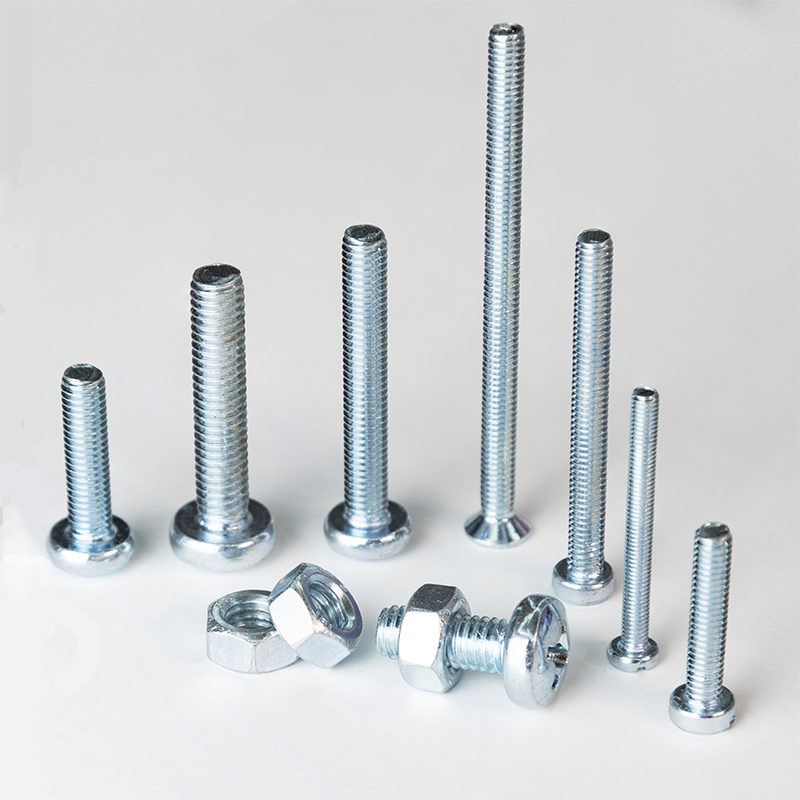The fastener industry plays a vital role in manufacturing and construction, providing the key components that hold everything together. Fasteners come in different forms such as bolts, nuts, self-tapping screws, wood screws, plugs, rings, washers, pins, rivets, assemblies, joints, weld studs, etc. These mechanical parts are made of non-ferrous metals such as steel, copper and aluminum, as well as plastics. The production of fasteners involves precision equipment, such as cold heading machines and hot forging machines, to ensure their integrity and strength.
One of the important driving forces of the fastener industry is the vigorous development of various industries such as metallurgy, machinery, electronics, automobiles and construction in China. As these industries continue to expand, so does the demand for fasteners. In 2018, my country’s fastener output reached 8.02 million tons, and it is expected to increase to 9.29 million tons by 2022.
The automotive industry is one of the most important downstream applications for fasteners. Demand for auto parts, including the fastener industry, continues to grow as China becomes the largest auto producer and consumer. According to recent data, the production and sales of passenger vehicles in my country will reach 23.836 million and 23.563 million in 2022, a year-on-year increase of 11.2% and 9.5%.
Nails and screws are two of the most widely used fasteners. Nails are simple fasteners, usually made of steel, with a pointed point and a flat, wide head. They are pounded into wood or other material to hold them in place. Nails are versatile and come in different sizes and shapes such as regular nails, roofing nails, and finishing nails.
Screws are more complex fasteners consisting of a threaded shank, a point, and a flat or slotted head or a Phillips head for turning with a screwdriver or drill. Screws are used to hold objects together, are stronger than nails and are ideal for critical applications. Different types of screws include wood screws, machine screws, self-tapping screws, and sheet metal screws.
Choosing the right fastener for a specific task is critical. Nails and screws offer different advantages depending on the application. Nails are for non-critical applications, such as hanging pictures, while screws are for applications that require strength and stability, such as framed walls. When holding wood together, it’s best to use screws as they hold stronger and won’t loosen over time.
To sum up, nails and screws are two essential components of the fastener industry, providing the necessary connections for different applications. As the manufacturing and construction industries continue to grow, so does the demand for fasteners. Selecting the right tool for a particular job requires an understanding of its unique characteristics and application requirements.
Post time: Jun-13-2023


